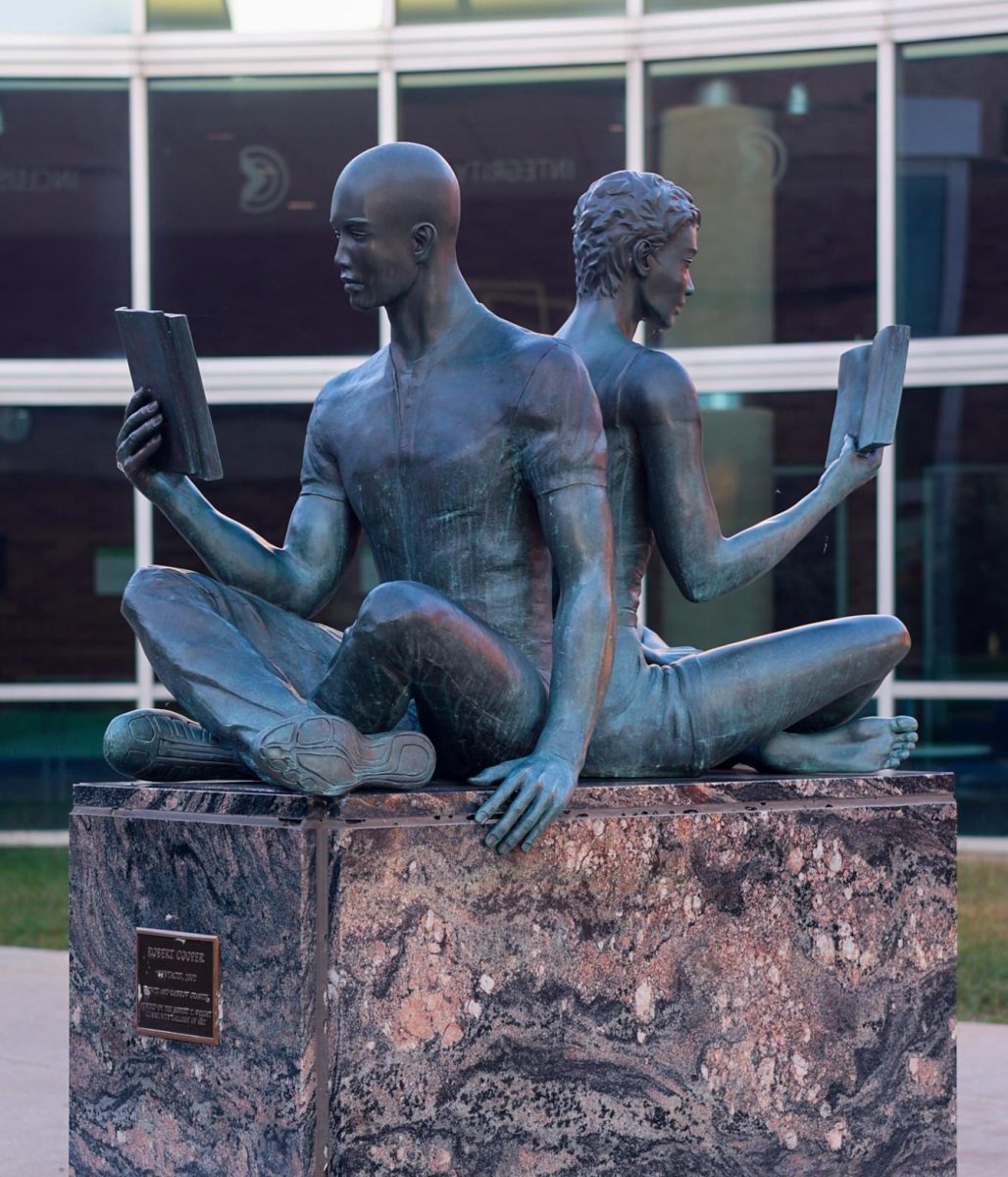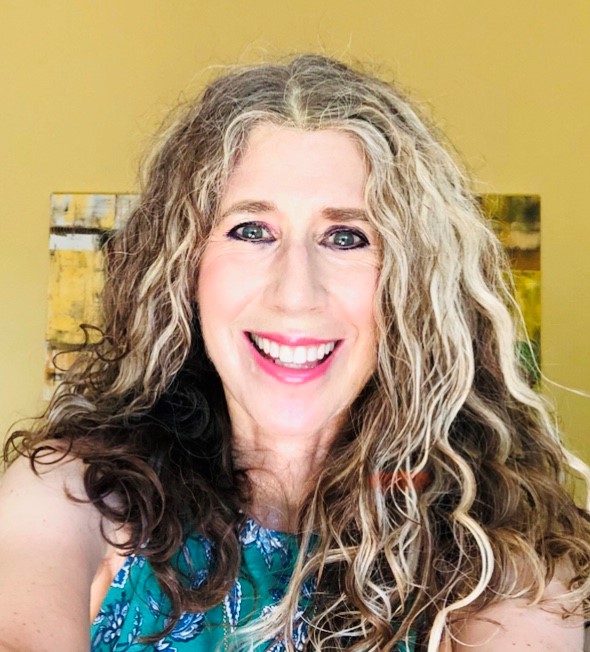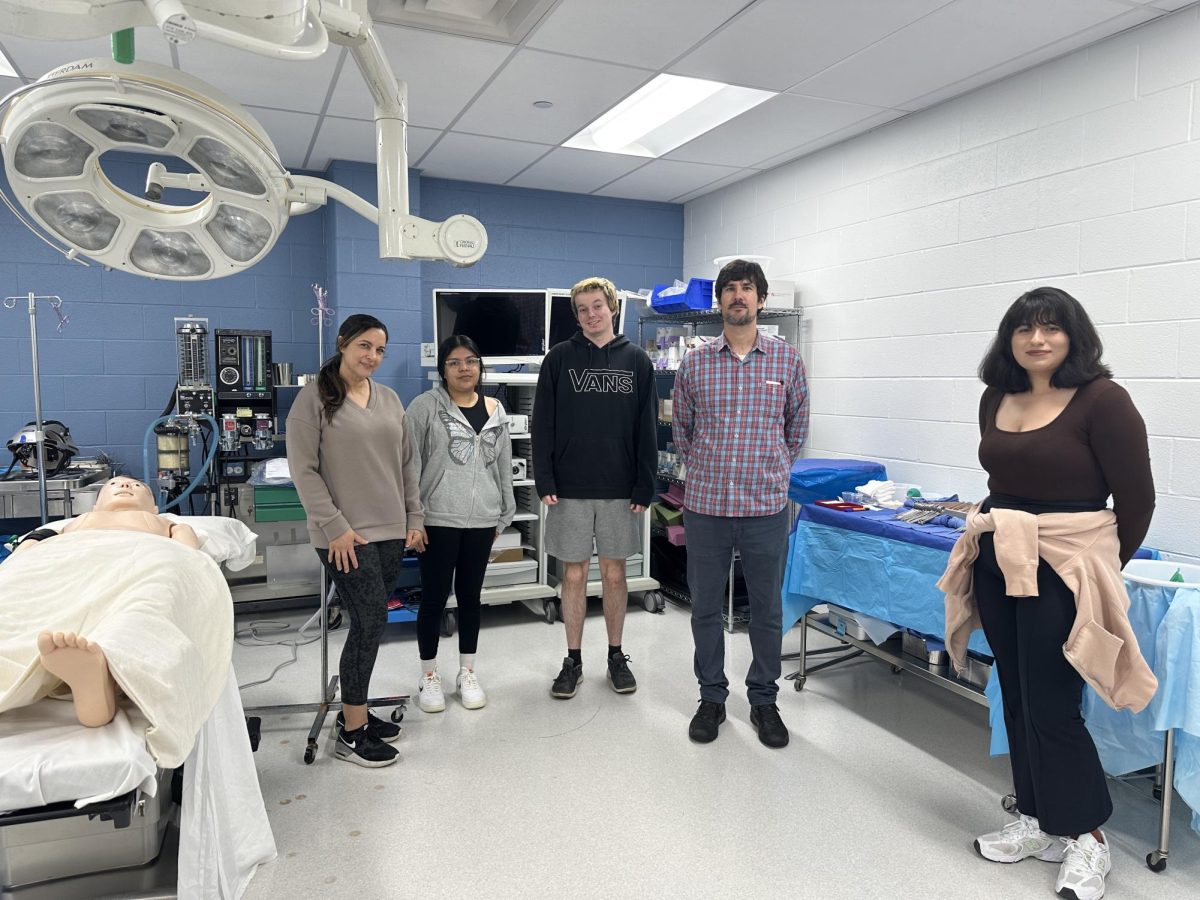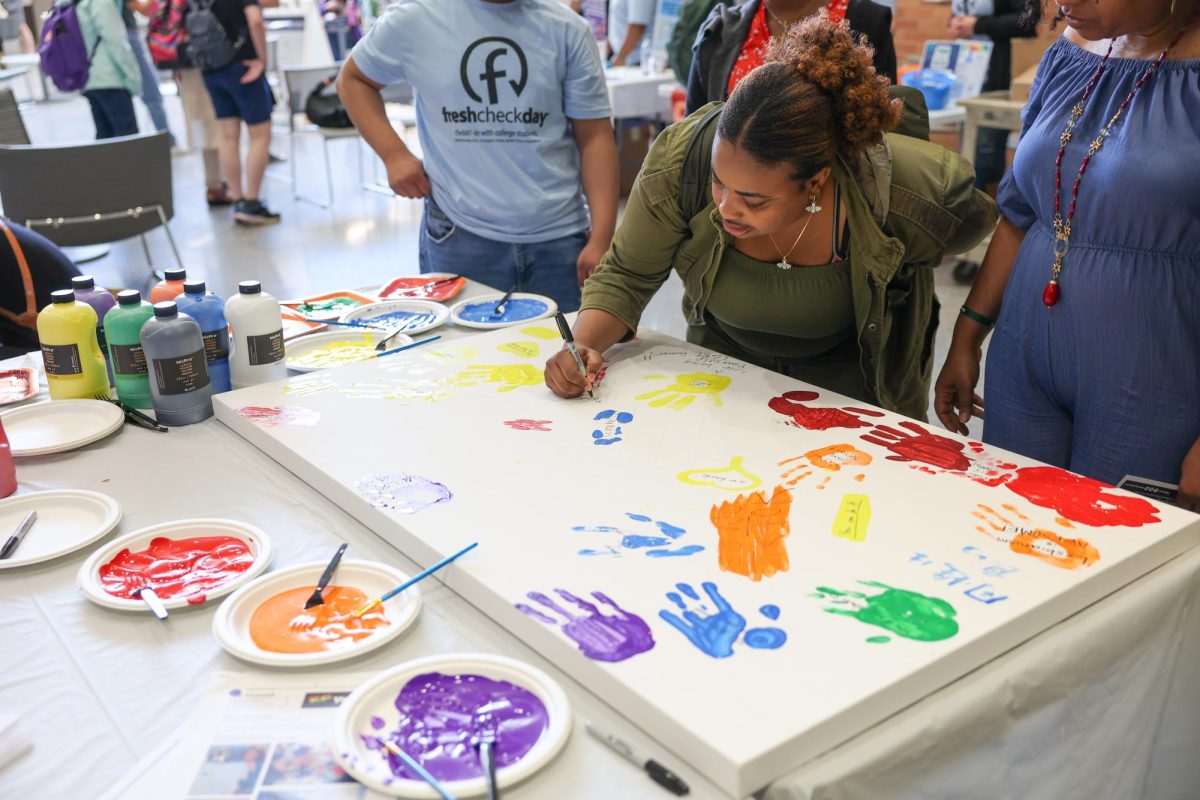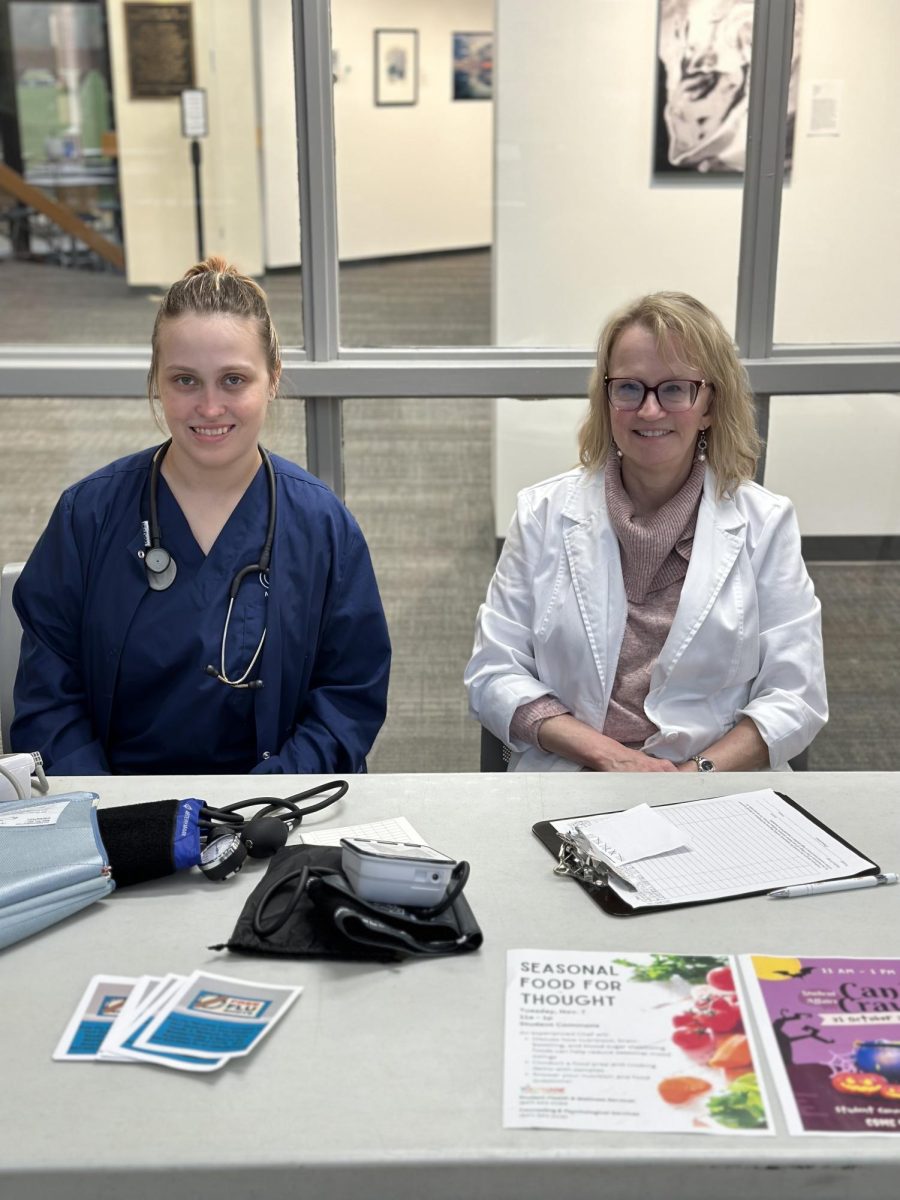Music connects with the human soul, and music therapy can use that connection to heal the human.
Music can influence the emotional state, regulate deep internal processes, improve motor abilities, help build communication, open opportunities for self-expression, and increase self-esteem.
Music therapy differs from music education and entertainment because it focuses on health, functioning, and well-being.
Music therapists work with people of all ages and abilities, cultures, and backgrounds.
Registered music therapists rely on an extensive body of research and are bound by a code of ethics that infuses their practice.
They include a range of techniques for creating music for therapeutic purposes, and the techniques are used in health, society, aged care, disability, early childhood, and private practice.
According to the American Music Therapy Association, the use of music in treatment has a long history, but music therapy as a profession took shape in the United States in the 1950s to help military veterans suffering from physical and emotional injuries.
Methods used by music therapists may include writing songs for clients or with clients, free or structured movement to music classes; singing and vocal classes, improvisation, playing traditional instruments or digital music equipment and listening to recorded music, and social participation in the group.
The ability of music to change a person’s mood is linked to the production of chemicals in the brain.
The endorphins produced by listening to music and creating music provide natural pain relief, in which dopamine evokes a sense of cheerfulness, optimism, energy, and strength.
This may explain the types of high tide and peak that are often described as being caused by listening to music, as well as by actively playing music.
According to Harvard Health, music is a simple, cheap, and effective tool that can boost the brain’s capabilities. It improves sleep, memory, performance, and mood.
It is also a good medicine that reduces stress, relieves symptoms of depression, and even relieves pain.
Making music together has an even greater impact because sharing positive experiences also releases oxytocin, the brain’s tool for building trust.
Graphic courtesy of Easton Herbon
In this way, relationships between musicians develop, improving nonverbal and emotional communication, and strengthening self-esteem, motivation, and confidence.
The body reacts to music in a special way, and this improves well-being.
Relaxation of the autonomic nervous system includes a chain of physiological indicators: The pulse decreases, breathing slows, blood pressure decreases, and muscle tension goes away.
These changes reduce pain sensitivity, anxiety, and stress.
That’s why people want to listen to their favorite song when they feel bad, both mentally and physically.
Since the brain produces natural opiates (neurotransmitters), much less cortisol is released.
The higher the cortisol level, the more stressed and prepared a person is for danger. Accordingly, the less cortisol in the body, the more relaxed and calm a person is.
Anyone who sings or plays a musical instrument will tell you that making music, especially with others, is good for the mind, body and soul.
The benefits depend on whether the person is an experienced musician or an amateur enthusiast.
Music therapists use the benefits of music to help people of all ages and abilities gain and maintain good health and well-being.
Music therapists work in a variety of locations, including hospitals, nursing homes, schools, and communities, offering customized programs to meet specific needs.



